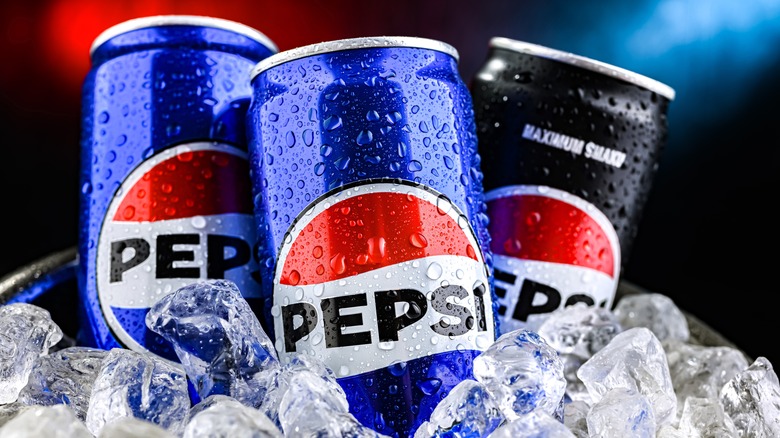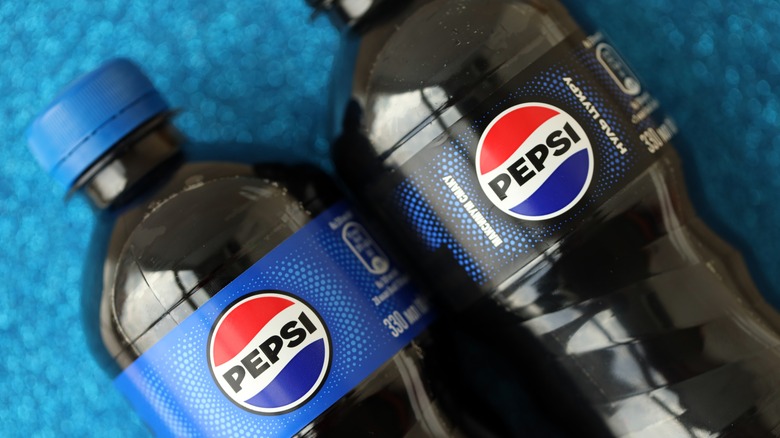Pepsi Is Being Sued By The FTC For Serious Price Discrimination
On January 17, 2025, the Federal Trade Commission (FTC) announced a lawsuit against major food and beverage company Pepsi on the basis of illegal price discrimination. The suit alleges that PepsiCo, Inc., distributor of Pepsi cola and other soft drinks like Crush, Mountain Dew, and Starry — once known as Sierra Mist — offered advantageous benefits to one large, big box retailer, with no such benefits given to other businesses. The name of the retailer in question has not been disclosed as of this writing.
Discrimination of this nature increases the price of Pepsi's products for competing retailers, which range from big box stores to independently-owned small businesses. According to the FTC, Pepsi has violated the Robinson-Patman Act, which prohibits price discrimination between manufacturers and retailers. This alleged deal may also be the cause of Pepsi pricing spikes for the average citizen, a modern concern for many soft drink fans, in addition to soda cans getting smaller. FTC Chair Lina M. Khan said in a statement, "When firms like Pepsi give massive retailers a leg up, it tilts the playing field against small firms and ultimately inflates prices for American consumers."
Those behind the suit hope to prevent Pepsi and other distributors from favoring certain businesses over others, creating unfair competition. With a lack of confirmation as to which store is at the center of this conflict, industry professionals have speculated that the beneficiary is Walmart, the largest retailer in the world.
Pepsi has denied the claims outlined in the lawsuit
Will Pepsi's alleged price discrimination turn out to be one of the many myths about soda? For the time being, the company itself says so. PepsiCo has responded to the FTC's suit by denying the serious accusations. In a statement, the beverage giant said, "[Pepsi's] practices are in line with industry norms and we do not favor certain customers by offering discounts or promotional support to some customers and not others" (via NPR).
In addition to withholding the identity of the mystery retailer, the FTC's lawsuit does not share many specifics about the unfair price advantages offered by Pepsi. However, the organization does allege that Pepsi gave its favored big-box retailer "promotional allowances," meaning the drink company may have paid said retailer to promote Pepsi's products. This is illegal under the Robinson-Patman Act, and such practices are even said to drive smaller retailers out of business. For now, this developing story still has much to reveal regarding which retailer is at the center, and how the suit will unfold in court.


